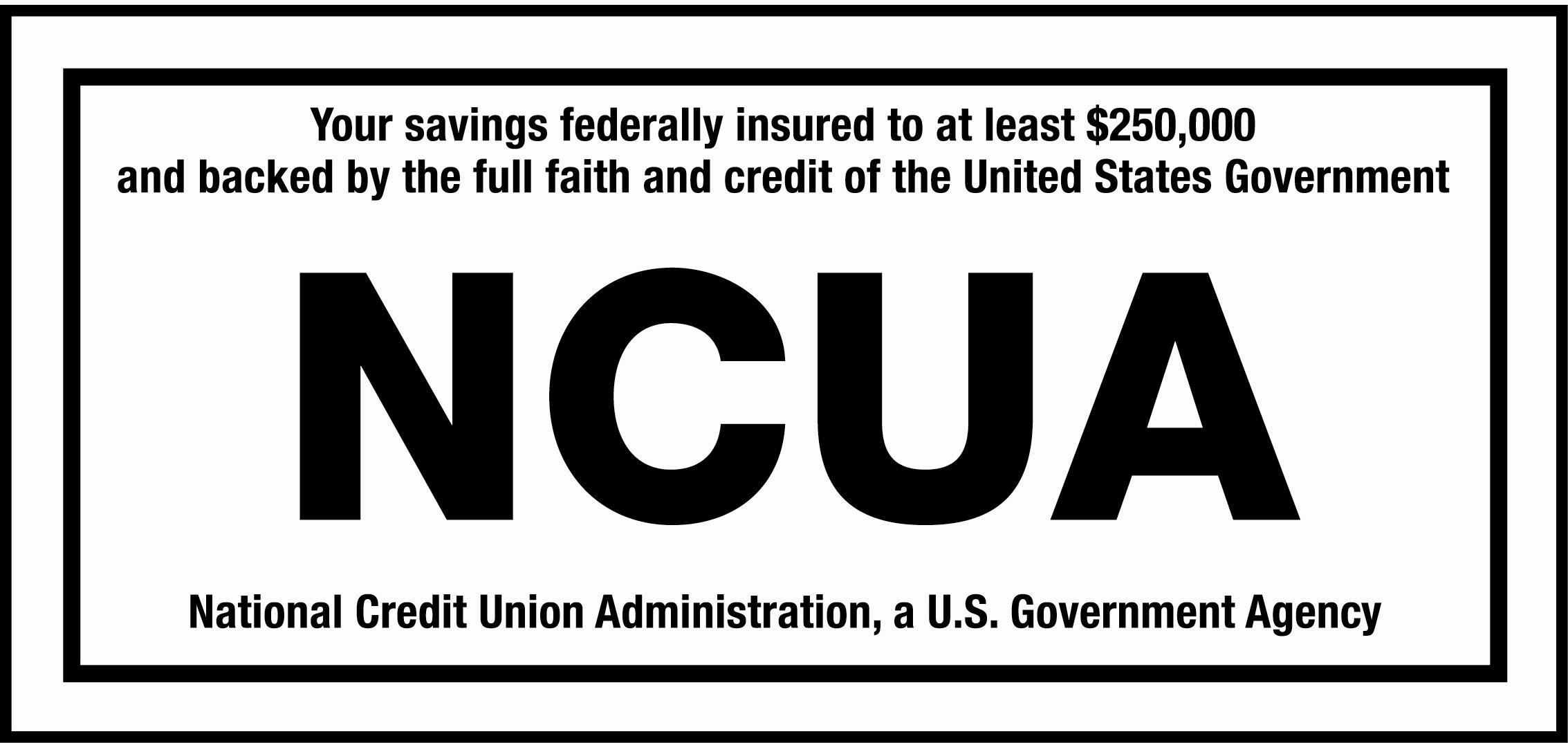My workplace has recently announced it will no longer issue regular paychecks. Instead, it’s offering employees a choice of receiving their wages via direct deposit or pay cards. What are the primary differences between these options and which is the better choice?
In a nutshell, getting your paycheck by direct deposit simply means it will be deposited right into your account while a pay card works much like a prepaid gift card. There are many other differences, though and it’s important to fully educate yourself about these differences so you can make an informed decision.
1.) Attached Fees. When your paycheck is directly deposited into your account at Health Care Family Credit Union, you keep every dollar. We never charge you for putting money into your account, and we’re definitely not skimming off your paycheck – you deserve it all!
With pay cards, though, fees are often attached to every transaction, which means you won’t get to keep all of your salary. For example, to access your cash, you may need to use an ATM and therefore pay the cost associated with the ATM. Also, though each pay card differs, you may be hit with fees for any point-of-sale purchase you try to make using your card.
The wage payment statutes in most states require employees to be given access to their full wages “without discount,” “without any reduction” or “without cost.” To comply with the regulation, employees must be provided with at least one means of accessing their full net wages each pay period without incurring fees.
ATM withdrawals do not satisfy this requirement for two reasons: Most ATMs only dispense cash in $5, $10 or $20 increments, and most financial institutions impose maximum limits on daily withdrawals at an ATM. Thus, the employee will not be able to access all of their salary without fees.
Before you make your decision, find out which of these options are offered by your company’s pay card program. Also, remember that you may not want to be bothered to chase after your money and will simply use the card like a debit card – and you’ll pay the price for that convenience.
2.) Account-let Pay. Perhaps one of the biggest draws of the pay card is the convenience it offers to employees who do not have an open checking account in any financial institution. These employees can be paying upward of $750 a year in check-cashing fees. Obviously, there is no way for an employee without an account to receive their wages via direct deposit. Pay cards, even with their attached fees, allow people to receive their salary without the hassle and cost of cashing checks.
Of course, as a member of Health Care Family Credit Union, you already have an account, so this benefit does not apply to you.
Even if the majority of your colleagues do not have open checking accounts and would prefer a pay card over direct deposit, your employer must offer you an alternative option.
3. Budgeting Basics. It isn’t easy to set aside money for savings every month; it’s a whole lot harder when that money is already in your hands.
When you’re paid with a card, you have to take the additional steps of withdrawing the entire amount off the card and then depositing it in your accounts – and that’s only if your pay card program offers this option.
Direct deposit, on the other hand, makes it all simple. Your money is sent directly to your account of choice without any involvement of your part. it genuinely works like clockwork. And since we want to make your life even easier, you can also ask us to transfer a portion of your salary into your savings account. This way, each pay period, your savings will automatically grow. it’s a beautiful thing!
Another point to remember is that a pay card can feel like cash – and like it’s burning a hole in your pocket. If turning it into money and then depositing it into your account is such a hassle, you are just as likely not to bother with that step at all. you may blow it all on your regular expenses, plus a whole lot of impulse purchases you would otherwise have never made.
Consider your options carefully before making a decision. If you still have questions or would like to talk further, please call, click or stop in at Health Care Family Credit Union.



